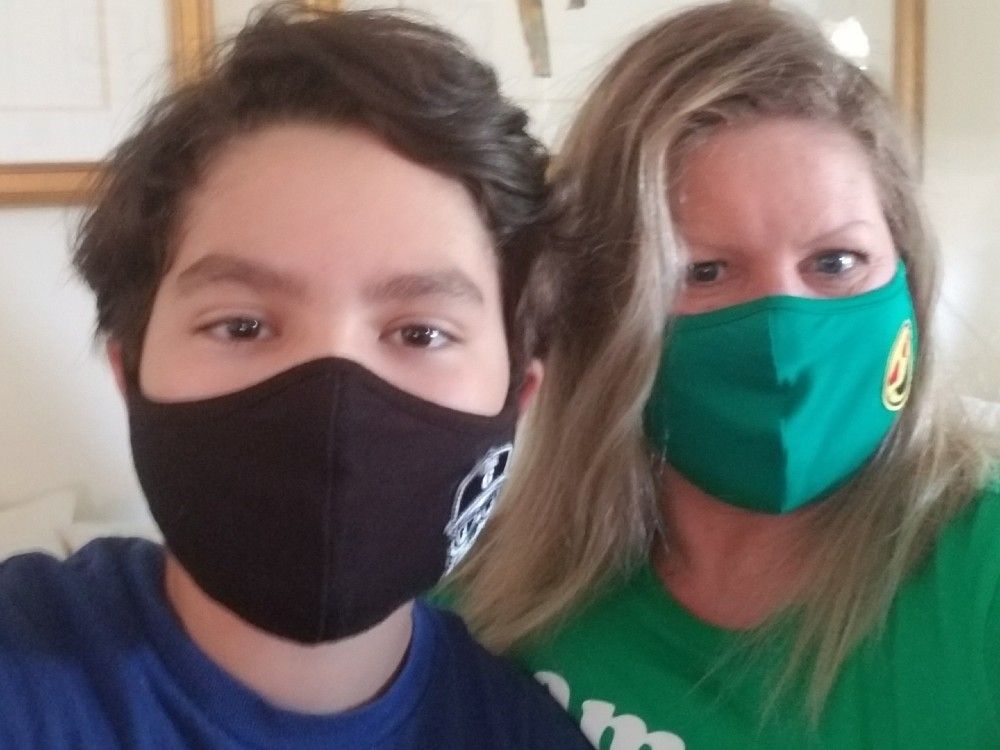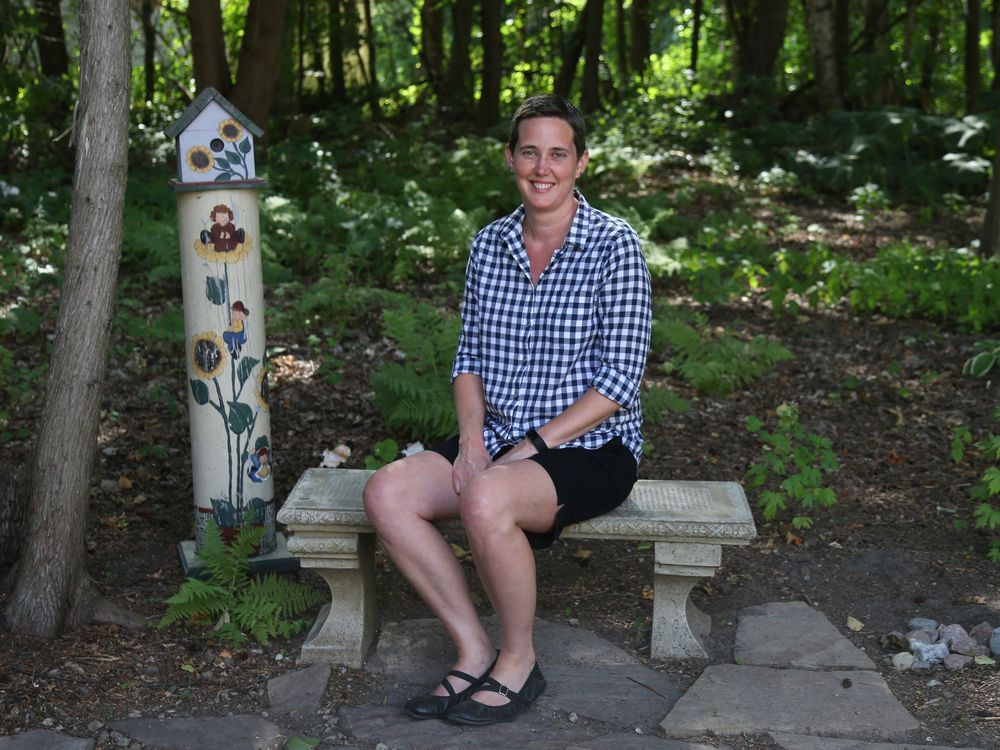as canadians, we have so far escaped the worst of the calamity of covid-related suffering and death.
yet for many people, a return to normal will remain an unrealistic dream. the 20 per cent of hospitalized patients who develop severe conditions requiring ventilation and care in an intensive care unit (icu) will shoulder a significant and ongoing burden of disease including cognitive impairment, debilitating muscle aches and pains, lung problems, and crushing anxiety.
while covid-specific long-term problems are only recently emerging, recent research has revealed the long-term complications of all critical illnesses. covid has further illuminated and magnified a pre-existing gap in the healthcare system — that of critical illness survivorship.
with all eyes now on the healthcare system and icus specifically, the pandemic offers an opportunity for meaningful innovation that shifts the focus from simply preventing death to enabling survivors to thrive.
tremendous strides in the treatment of life-threatening conditions like respiratory failure and sepsis have resulted in rapidly growing numbers of critical illness survivors. adult canadians treated in an icu now outnumber those who receive a new diagnosis of cancer or heart disease.
 4 minute read
4 minute read








